Why do batteries leak after a long time?
Batteries such as AA batteries, AAA batteries, C batteries, D batteries or button batteries... are commonly used in many household appliances, such as TV remote controls, air conditioners; wall clocks, table clocks; children's toys...
Types of batteries commonly used in household electronic devices (Photo: AABatt).
However, if after a long time, users do not use these devices, they will notice that these batteries are leaking. The liquid that leaks from the battery can damage the device or rust the terminals in the battery tray.
So what is the liquid that comes out of these batteries?
Battery leakage is actually a leakage of electrolytes inside the battery. This happens due to chemical reactions in the battery, especially when the battery has not been used for a long time or when the battery is damaged.
Only alkaline batteries and zinc-carbon batteries (such as chopstick batteries, AA batteries, button batteries, etc.) have electrolyte leakage, while lithium-ion batteries (rechargeable batteries in smartphones, tablets, laptops, etc.), lead-acid batteries (car and motorbike batteries, etc.) almost never have this problem.
Alkaline and zinc-carbon batteries, even when no longer in use, the chemicals inside continue to slowly react with each other, producing hydrogen gas. The pressure from the hydrogen gas that accumulates over time will rupture the battery case, causing the electrolytes inside the battery to leak out, creating a “leaking” phenomenon.
Button batteries are compact in size, but they also "leak" after a long period of non-use (Photo: RBL).
Additionally, the battery casing (usually made of steel or alloy) can also corrode over time, especially when the battery is exposed to moisture or high temperatures, causing the electrolyte in the battery to leak out.
Therefore, battery leakage often occurs with old batteries that have not been used for a long time... these are batteries that are often placed in humid environments, past their expiration date, making the battery shell no longer sturdy.
What is the liquid that comes out of the battery, is it toxic?
An electrolyte is a chemical compound (liquid, paste, or solid) that conducts electricity by moving ions. In a battery, it allows charged ions to move between the negative and positive electrodes, creating an electric current.
Electrolytes in batteries can damage and corrode battery-powered devices (Photo: Pinterest).
The composition of the electrolyte varies depending on the type of battery. Alkaline batteries use Potassium hydroxide (KOH), a strong alkaline solution, as the electrolyte. Zinc-carbon batteries use Ammonium chloride (NH4Cl) or Zinc chloride (ZnCl₂) in liquid or paste form as the electrolyte.
These electrolytes have a common characteristic that they are highly corrosive. This is also the reason why electronic devices are damaged and the terminals in the battery tray rust when the electrolyte in the battery leaks.
Children swallowing button batteries can have serious consequences, possibly leading to death (Photo: CHP).
Electrolytes can cause irritation, itching or skin damage when exposed to humans. In particular, accidentally swallowing these electrolytes can cause mouth burns, damage to the esophagus and stomach lining.
This is also the reason why there have been many cases of children dying or having serious digestive system damage due to accidentally swallowing button batteries.
Is there any way to prevent battery leakage?
Unfortunately, the answer is no. No matter how good the battery is, the chemical reactions inside the battery will eventually damage the casing and cause the electrolytes to leak out.
Therefore, when not using the device for a long time, you should remove the battery to avoid electrolyte leakage and damage to the device.
How to deal with batteries that leak electrolyte?
If you discover that your battery has leaked electrolyte (the battery is wet or leaking), you should immediately remove the battery from your electronic device. When handling a leaking battery, use gloves to avoid contact with the battery electrolyte.
In case of accidental contact with the skin or handling of a leaking battery with bare hands, the exposed skin area should be washed with soap. In case of contact with the eyes, the eyes should be flushed with running water for 15 to 20 minutes.
If you feel skin or eye irritation, itching, burning… you need to go to a medical facility immediately.
In case of accidental ingestion of electrolyte or ingestion of battery (small button cell type) by children, seek medical attention immediately.
If the electronic device is not used for a long time, remove the battery from the device. Store the battery in a plastic box, adding a few desiccant bags to help prevent the battery from getting wet and damaged.
Used batteries should be placed in plastic bags or boxes and taken to old battery collection points or battery processing facilities (Photo: X).
The electrolytes and components in batteries can cause serious harm to the environment, especially soil and water resources. Therefore, users should not throw used batteries in the trash or throw them into the environment, but should put them in plastic bags or boxes and bring them to old battery collection points or battery processing facilities.
You can search the Internet to find out where old batteries are collected in your area.
Source: https://dantri.com.vn/khoa-hoc/vi-sao-pin-de-lau-lai-bi-chay-nuoc-chat-nay-co-doc-khong-20250804153828075.htm


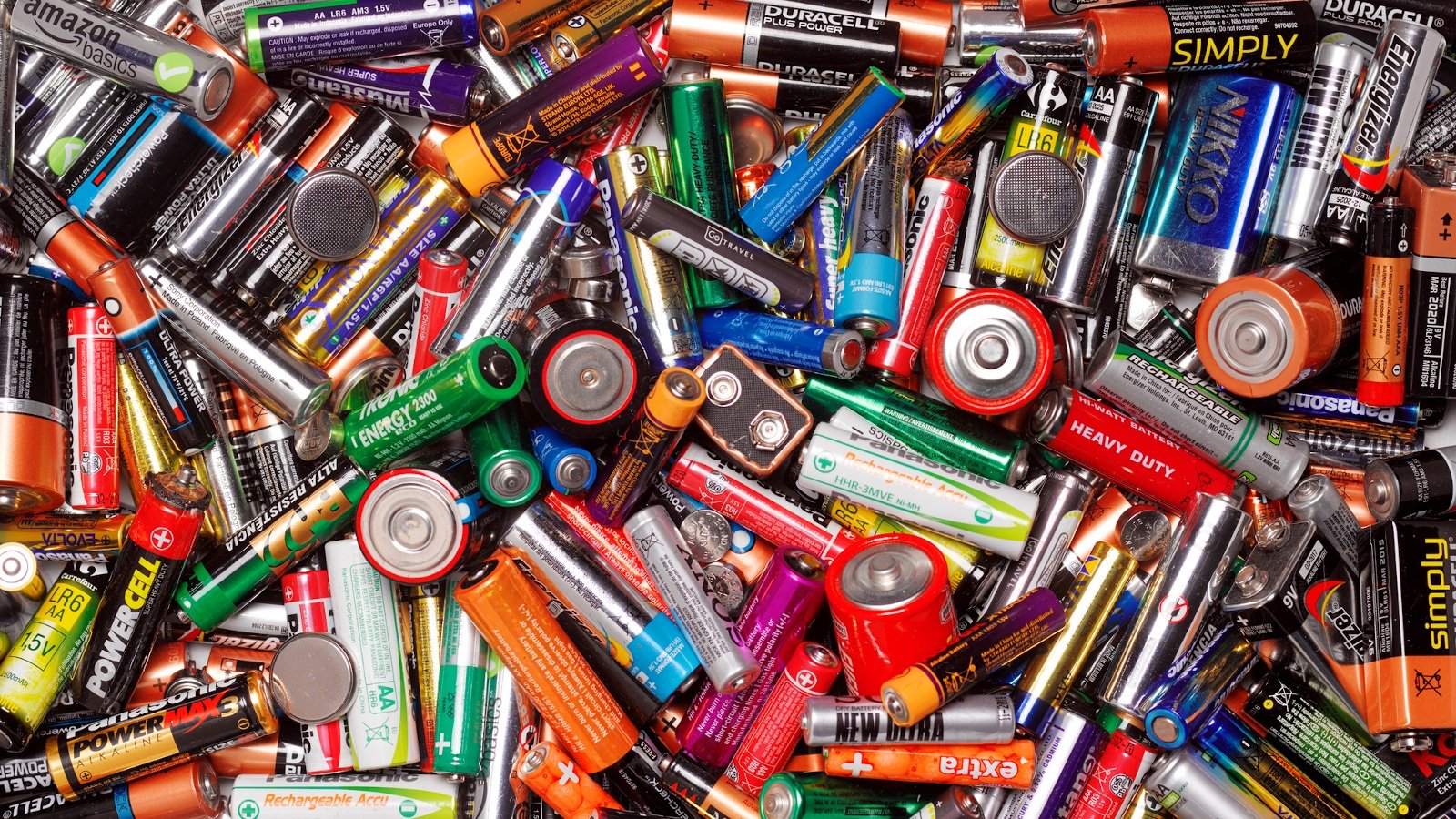
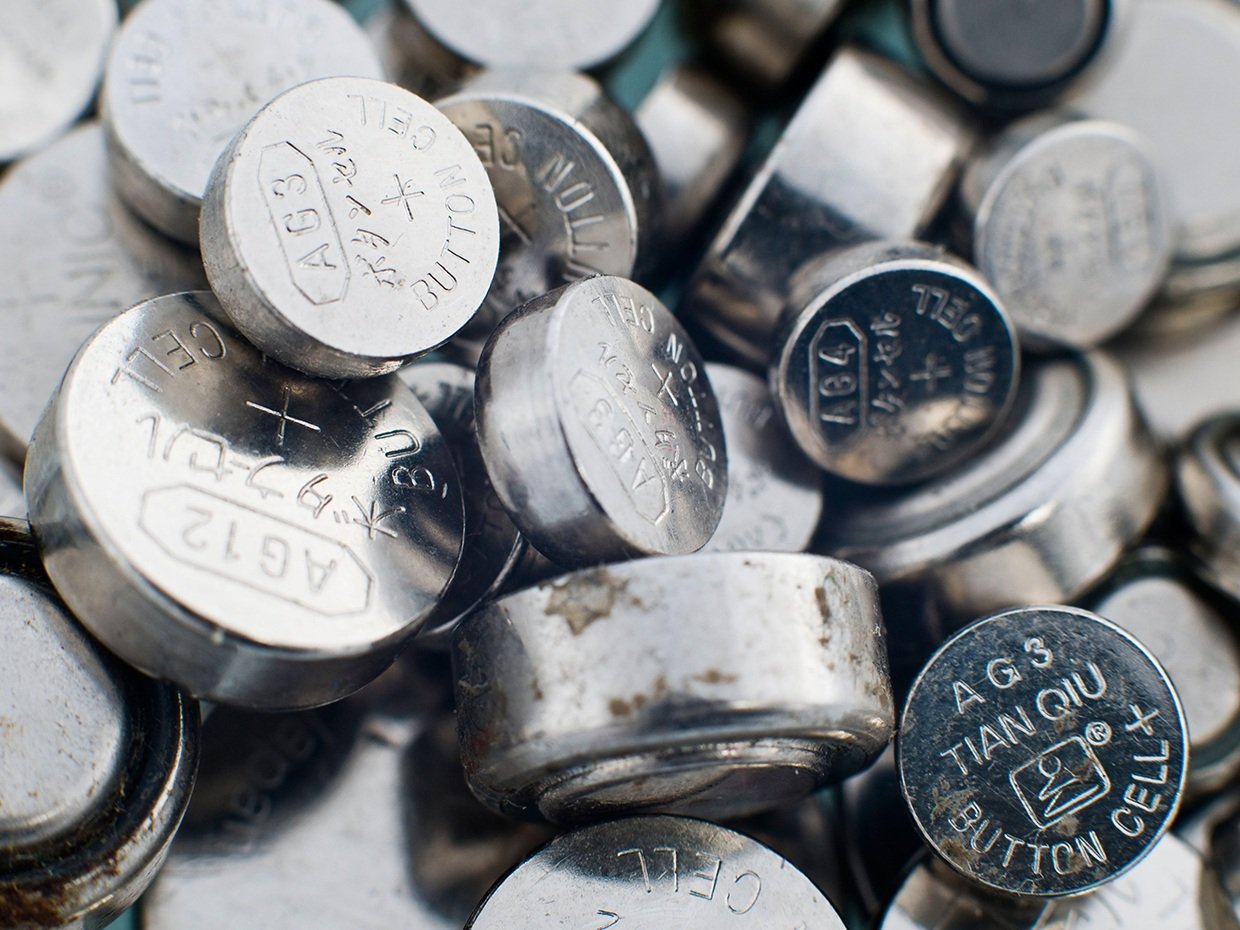
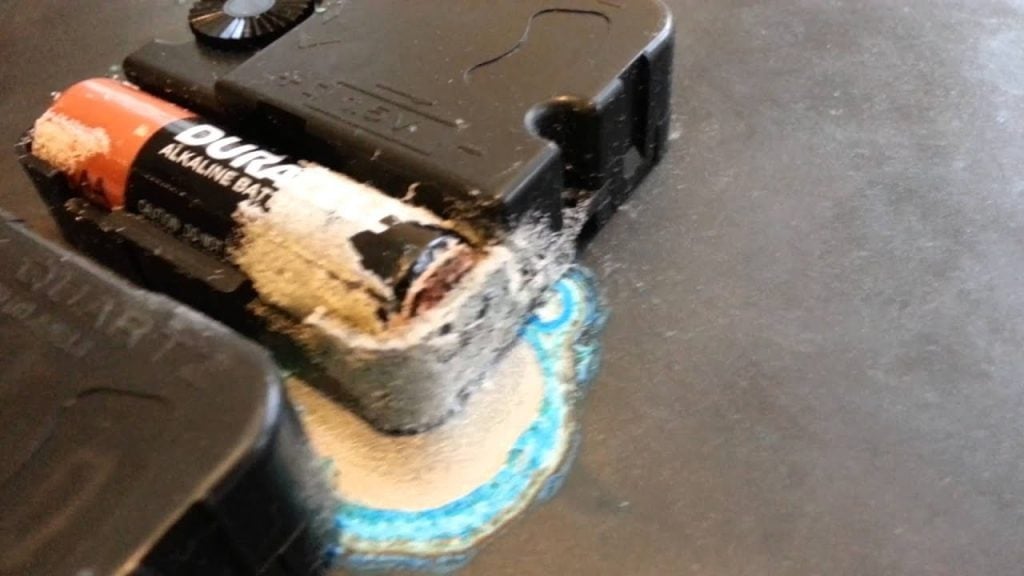
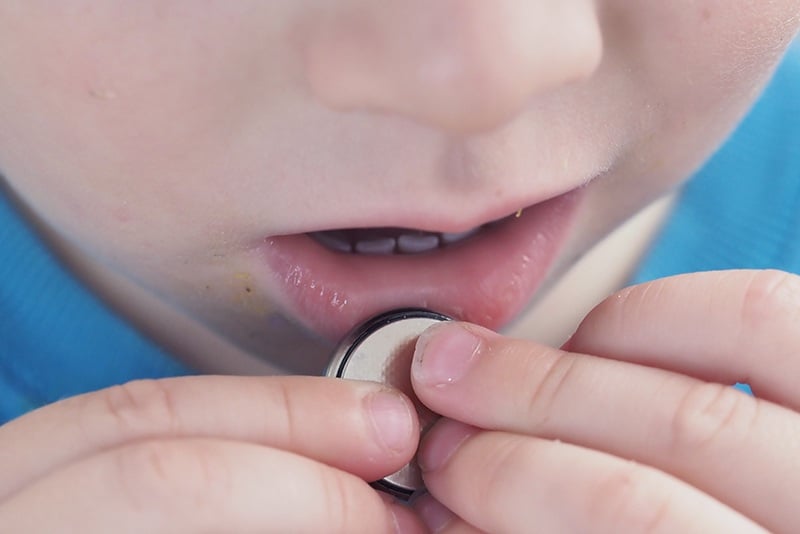
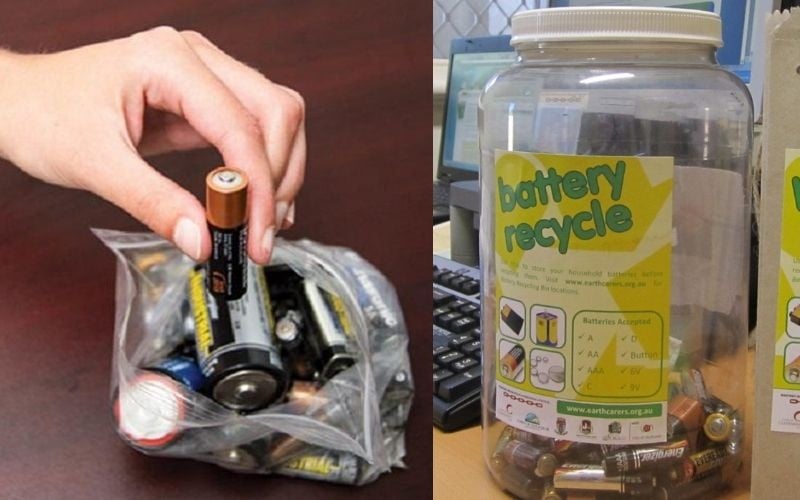



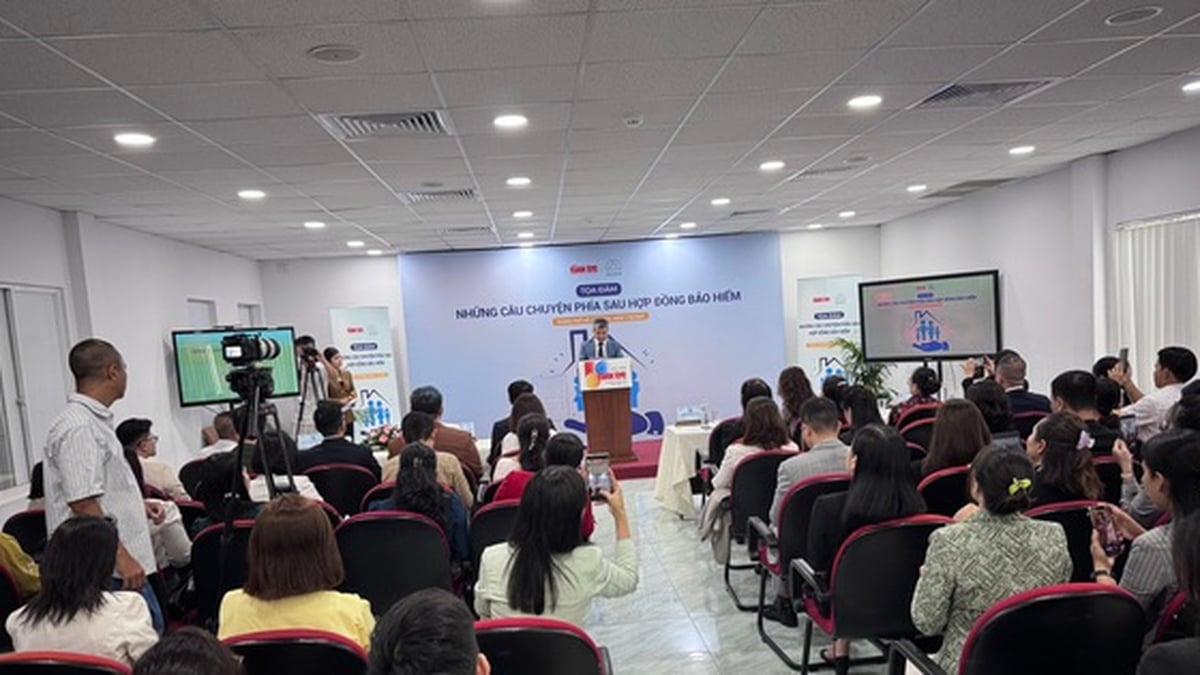
























![[Photo] Discover the "wonder" under the sea of Gia Lai](https://vphoto.vietnam.vn/thumb/1200x675/vietnam/resource/IMAGE/2025/8/6/befd4a58bb1245419e86ebe353525f97)
![[Photo] Nghe An: Provincial Road 543D seriously eroded due to floods](https://vphoto.vietnam.vn/thumb/1200x675/vietnam/resource/IMAGE/2025/8/5/5759d3837c26428799f6d929fa274493)


































































Comment (0)